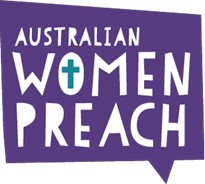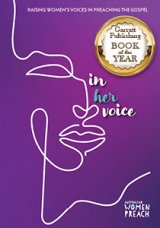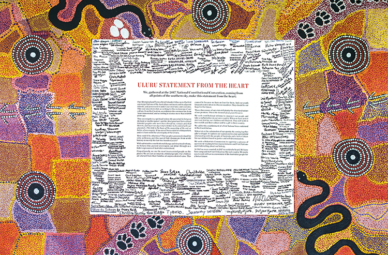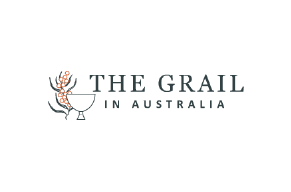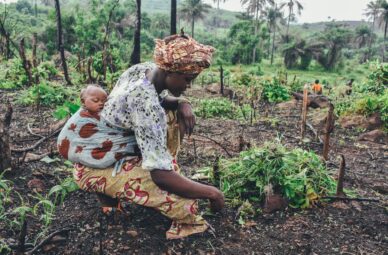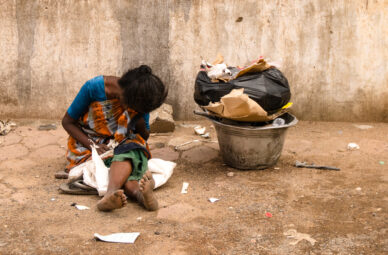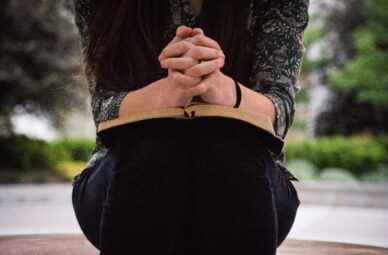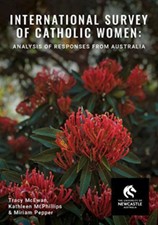
The International Survey of Catholic Women: Analysis of responses from Australia
September 21, 2023The International Survey of Catholic Women: Analysis of responses from Australia has just been released. If you are not sure what this is about, here is the start of the opening summary:
The International Survey of Catholic Women (ISCW) was undertaken in response to the call for submissions to the 2021-2024 Synod of Bishops. It was devised and managed by researchers Drs Tracy McEwan and Kathleen McPhillips at the University of Newcastle, and Professor Emerita Tina Beattie at the University of Roehampton, London, for the commissioning body, Catholic Women Speak (CWS).
The ISCW consisted of both closed and open questions, and explored the concerns, insights, and experiences of Catholic women involving church reform and the COVID-19 Pandemic. This report is based on the responses from the Australian cohort of 1,769 Catholic women who completed the survey throughout March and April in 2022.
As I had offered to proofread this report I felt obliged to read it slowly and carefully. The cumulative effect made a deep impression on me and I would like to share a few observations.
The masterful way in which the authors have woven the open responses into the document allows us to hear the voices of many women across the generations as well as the theological/political spectrum. We really do hear these voices, and if there is one thing common to most of them, it is a tenacity of faith that transcends all their critiques, no matter where they stand on the spectrum. Clearly the survey attracted women in Australia with a love of the Church and a commitment to its future.
As the report notes itself, “the outcome is a rich diversity of lived experiences and expressions of faith among Catholic woman.” You may well be shocked by the honesty and the vehemence of some of these expressions, and perhaps even surprised that there exist such strong differences of opinion. I can tell you briefly that the findings indicate that the youngest cohort (18-40) is the most conservative and the oldest (70 years and over) the most progressive, but it is hearing the voices that brings this observation alive and gives one a real sense of the challenges of synodality. How do we walk together or begin to model unity in diversity when the beliefs around what “church” should be are so divergent and the animosity is palpable?
I choose to remain hopeful, though the reality is confronting. I do commend this report to anyone wanting a better understanding of the tensions that often lie hidden within the Australian Church. Let us not forget, as the report reminds us in its final sentence, “the strong participation and well-being of women is critical to the future prosperity of the Catholic Church as a key Australian institution.” Our church leaders would do well to heed this.
Tricia Gemmell
Tricia Gemmell has a Masters in Theology, is a member of the Australian Grail, and has been a parishioner of St Leonard's Naremburn for 35 years.

